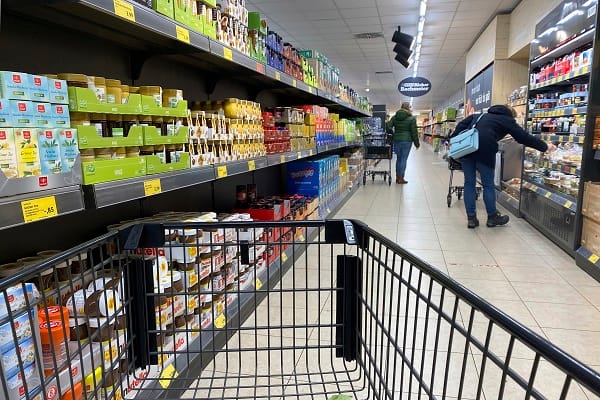
"France's political and economic troubles are beginning to weigh heavily on daily life. Fitch's downgrade of the country's credit rating to A+ was not only a judgment on fiscal policy; it was a signal that the room for manoeuvre is shrinking fast. With the country's debt expected to climb to more than 120 percent of GDP and the political system unable to deliver credible consolidation, the challenge is no longer abstract."
"For households already adjusting to tighter budgets, the cost of food has become one of the clearest markers of stress. France's inflation may have cooled from its peak, but supermarket prices remain far higher than they were two years ago. Fresh produce, meat, and fish are among the products hit hardest. According to Eurostat, nearly one in 9 Europeans could not afford a quality meal every other day in 2024."
"It is in this context that the debate over so-called "ultra-processed foods" has taken a sharper turn. What was once a discussion about health and nutrition has become a moral argument, with entire categories of food cast as villains. Yet the term itself has no consistent definition. It can describe both confectionery and energy drinks, but also canned beans, milk powder, fortified cereals, and long-life bread. In practice, these foods play vastly different roles in people's diets and in society."
France faces mounting political and fiscal strain that is reducing policy flexibility and altering everyday life. A credit-rating downgrade and projected public debt above 120 percent of GDP signal constrained fiscal options while political institutions struggle to deliver credible consolidation. Household budgets are tightening as supermarket prices remain well above levels from two years ago, with fresh produce, meat and fish particularly affected and many Europeans unable to afford regular quality meals. The debate over 'ultra-processed foods' conflates diverse products despite inconsistent definitions; shelf-stable processing methods remain essential for food safety, access, and affordability in lower-income communities.
Read at London Business News | Londonlovesbusiness.com
Unable to calculate read time
Collection
[
|
...
]